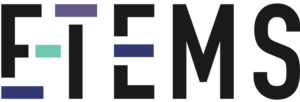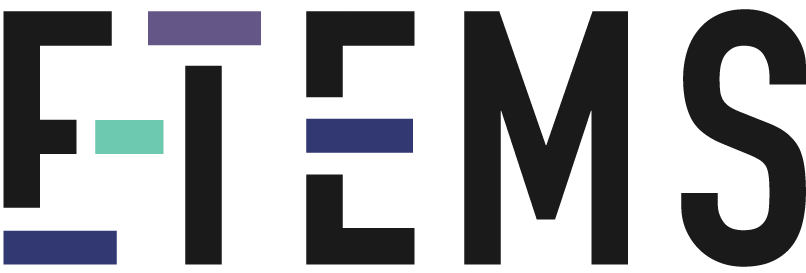WORKSHOP: TAILOR THE PROJECT MANAGEMENT OF THE FUTURE

Chaired by Anna Schidek and Claudia Doering
Currently, multiple new trends and innovations are emerging in project management, like the necessity of remote work and the use of artificial intelligence.
Project Management is a established discipline in the field of technology management as it links the two worlds of Engineering and Management together within a common methodological framework. Depending on the area of application, project management offers a rich collection of methods and tools for managing a variety of different project types. Examples include hardware-related projects, information technology and software projects, and building construction projects.
All projects have in common, that they are jointly conducted by a team. The composition of teams and the dynamics among its members are crucial for the success of the project. Thus, research insights and concepts from management theory and social sciences with regard to the dynamics of collaboration, work organization, emotional intelligence, and knowledge transfer play an essential part in managing projects (Sauer, Pfeiffer 2018; Goetz et al. 2021).
In the past, project management was dominated by traditional, plan-based approaches. Projects were managed according to the sequential methodology of waterfall models with a great focus on plans, which describe the future. After specifying requirements upfront, the requirements were used to first plan a project and then execute the work packages. In recent years, agile project management methods such as Scrum of SAFe agility, which originated mainly in software development, have promoted new methodologies based on an iterative approach. (Serrador, Pinto 2015). These methodologies are inherently connected to the entrepreneurial start-up world and innovation management in a highly dynamic and uncertain market environment (Teece 2018; Stark, Pais 2020).
Today, in many industries such as the automotive sector and the construction sector new approaches are required which seek to combine both worlds of project management (Riis et al. 2019). Depending on the project life cycle and the type of project it is necessary to customize different methodological mixtures and approaches to the organizational context to create a so called hybrid project management approach.
In this workshop we invite academics and industry professionals to discuss the “next generation of project management”. With this workshop we aim at building an expert community to discuss and further our understanding and best practices about collaboration, innovation and project management.
Preliminary Schedule:
45 Min. Paper Session
45 Min. Interactive Workshop on Tailoring
In this Workshop we want to explore the reason why project managers would want to tailor their own methodology instead of following an established one. We will present a case study for tailoring and ask participants about their ideas what information is necessary for tailoring and which approach they would take. In order to liven up the online experience, digital Tools like Menti will be used.
- Smart Process Modeling for Smart City Operations
- Blockchain-based Task Planning and Management System for Project Management
- Quantifying the Implementation Risks of Product Lifecycle Management for Improved Digitalization
- Overview of Smart City Rankings and Their Evaluation Criteria: European Perspective
Smart Process Modeling for Smart City Operations
– by Markus Schmidtner, Anna Schidek and Holger TimingerAbstract
There is a strong desire from governments worldwide to digitalize their processes and to provide them for their citizens in an online format. Especially in the last view years, the SARS-COV-2 pandemic has amplified this desire, as during lock downs people were unable to visit their local government building. While there is a strong desire, some countries have struggled to provide online services to their citizens. Especially on the regional and local community level, the German government structures are just starting out to implement these processes. As these processes tend to become quite complex, this paper proposes to use adaptive process models in order make the process more clear for the ordinary citizen. To this case a short prototype on how an adaptive process model can be realized for applying for a building permit. This prototype uses a set of parameters to modify BPMN models in order to extract variants. The prototype is realized with the ADAMO Modeling tool.
Blockchain-based Task Planning and Management System for Project Management
– by Ronja Brüggemann and Holger TimingereAbstract
Quantifying the Implementation Risks of Product Lifecycle Management for Improved Digitalization
– by Shikha Singh, Aman Mittal and Subhas Chandra MisraAbstract
Product Lifecycle Management systems implementation projects involve various types of participation from all stakeholders and available tools. Furthermore, this integration involves different data transfers from previous tools to the PLM systems, making the implementation vulnerable to several risks associated with its organizational and technological change. The work explores the possible risks through a case study followed by a generalized study to confirm the vulnerable risks in PLM implementation projects. Threats related to data migration, data formats, data security, resource estimation, selection of PLM systems, systems Infrastructure, and Integration are potential risks in PLM implementation projects.
Overview of Smart City Rankings and Their Evaluation Criteria: European Perspective
– by Anna Matwiejczyk and Sandra SnarskaAbstract



